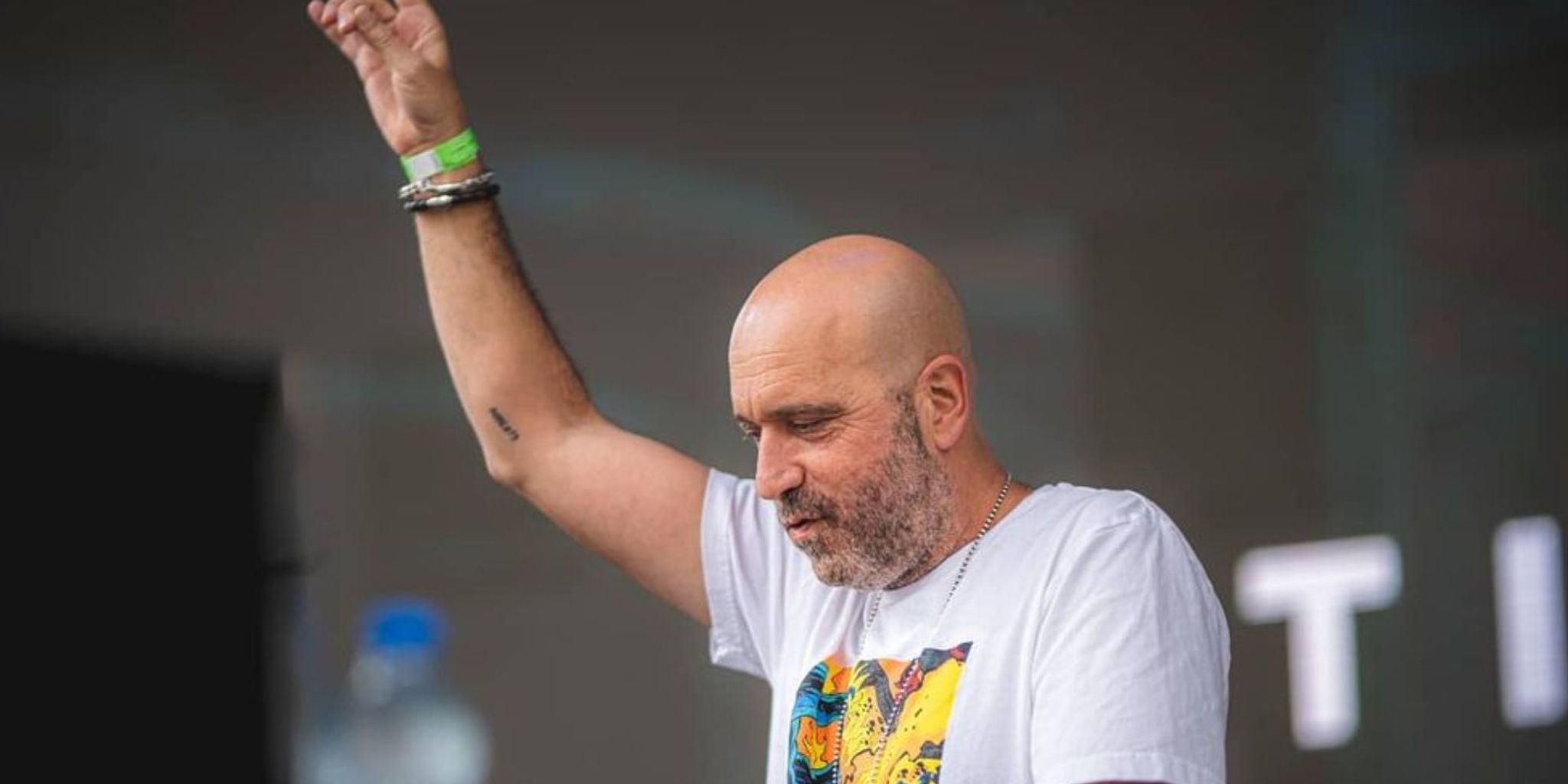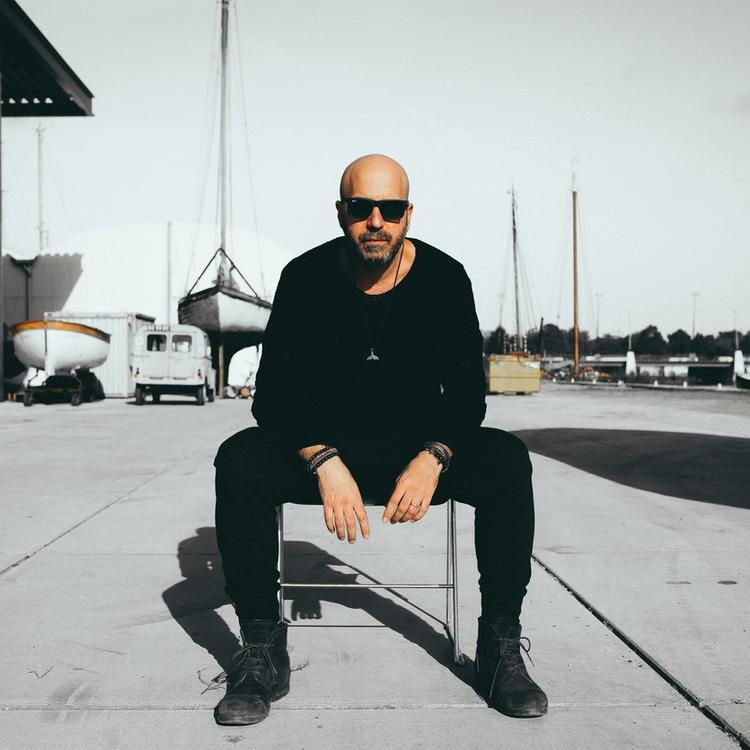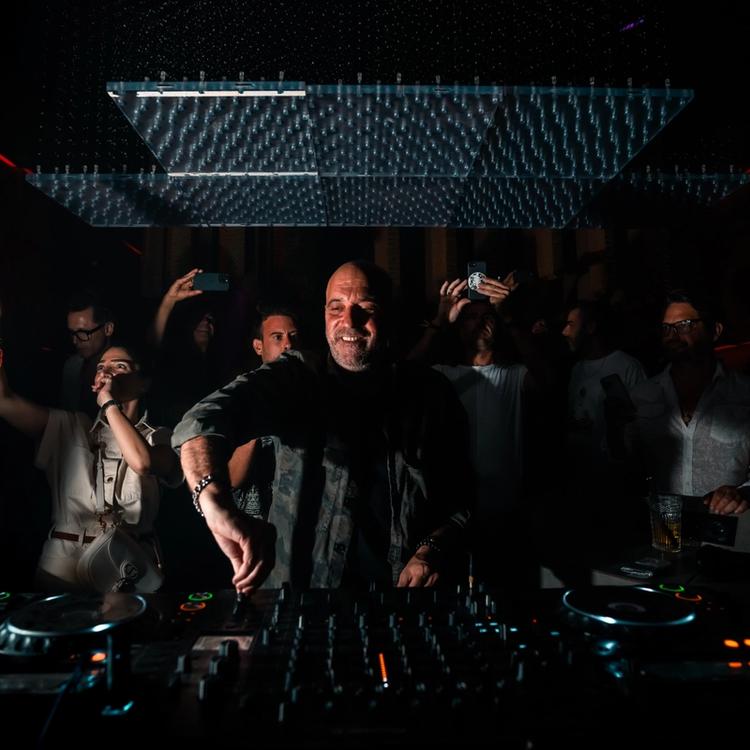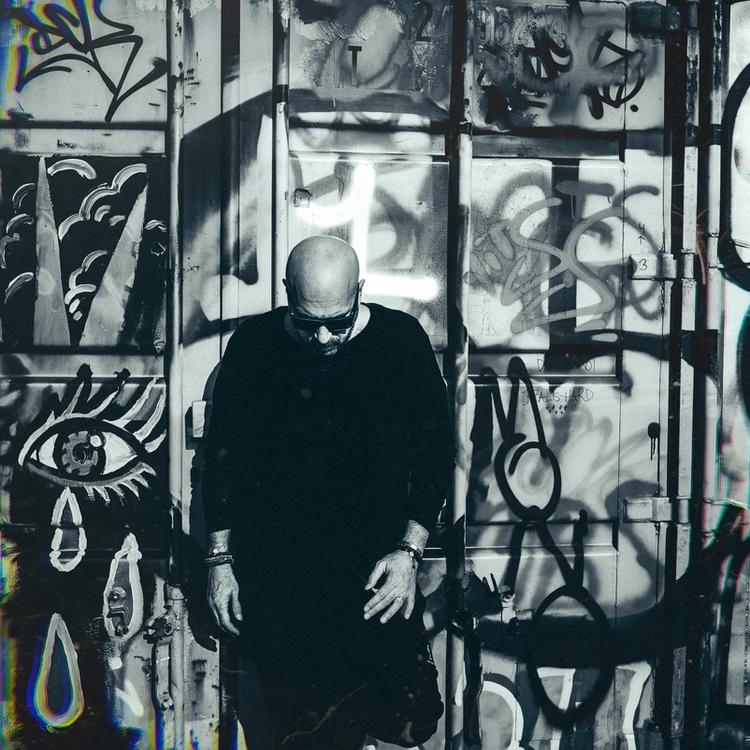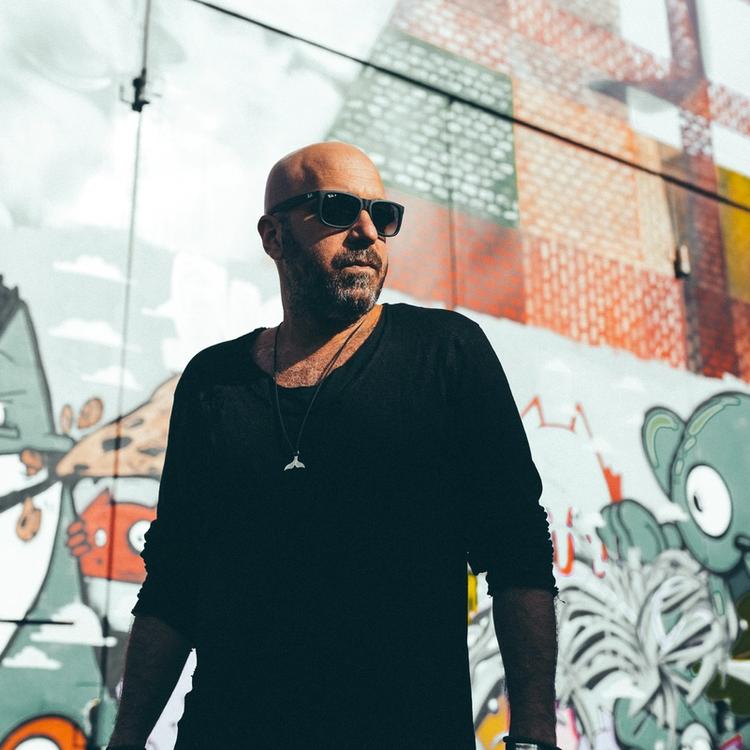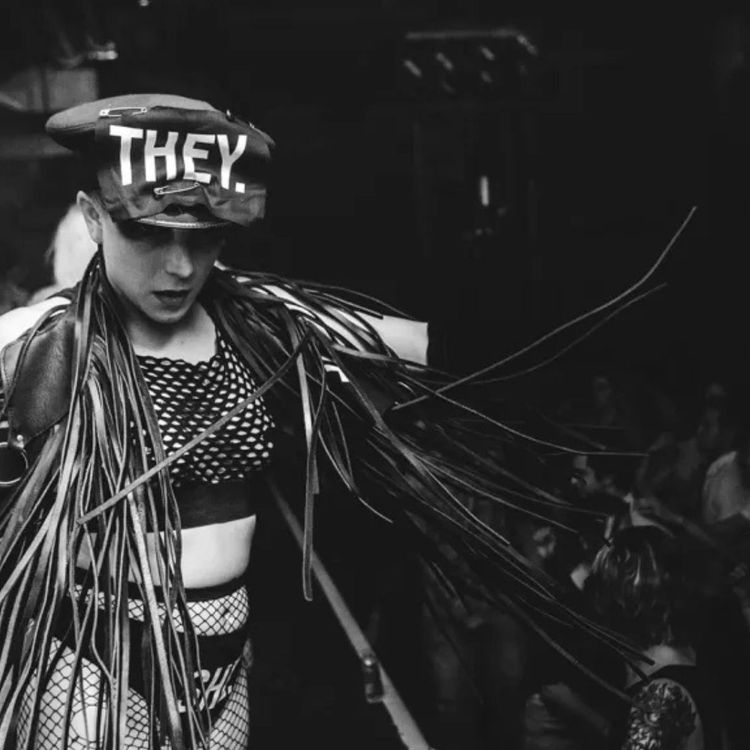Tel Aviv's Titan: A Chat with Guy Manztur
Guy Mantzur, a luminary from Tel Aviv's vibrant dance music scene, has left an indelible mark on the global house music community. Renowned for his signature blend of progressive, tech house, and deep house, Mantzur's musical journey traces back to the 1990s clubs and beach parties of his hometown. With accolades such as "Israel's Best Underground DJ" and collaborations with notable names like Black Coffee, Mantzur's influence stretches from the celebrated Cat & Dog nightclub in Tel Aviv to international stages like Tomorrowland and Hï Ibiza.
Recently launching 'Moments', a unique party concept and record label, his passion and advocacy for the Israeli electronic scene make him a standout figure in the music world. As we dive into this Q/A, get ready to explore the depths of Mantzur's illustrious career and his vision for the future.
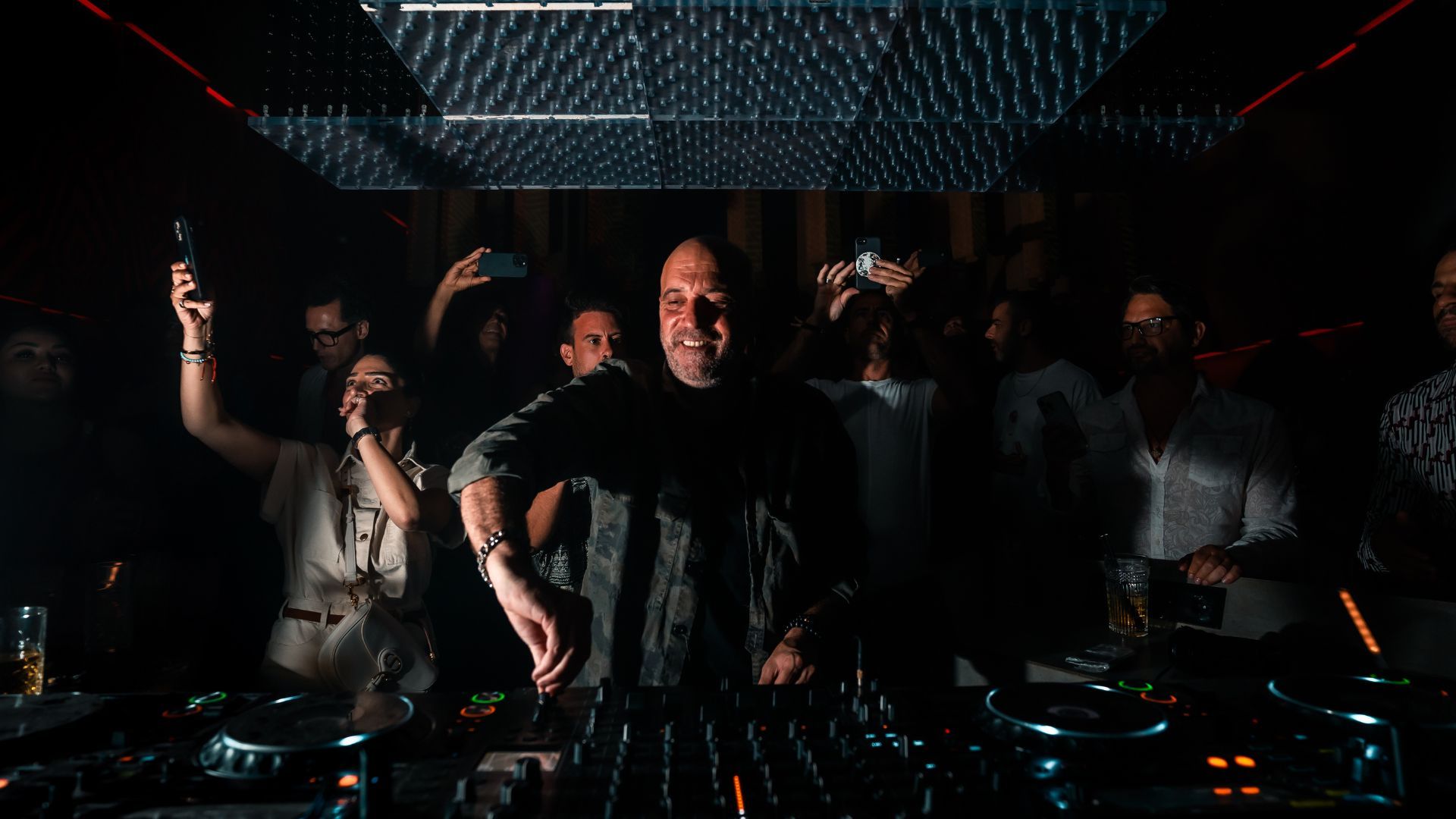
When did you first realize that music was your calling, and how did your early experiences with the piano and guitar shape you as an artist?
I feel that I didn't choose music; music chose me. I can't envision myself, not as Guy Mantzur, but simply as a human, doing anything other than creating music. My journey began when I was about five or six years old. I started by simply touching the piano and pressing a few chords.
The sound resonated deeply with me, stirring my heart. The excitement was overwhelming, and I knew I wanted to delve deeper. Thus, I began learning the piano. My parents noticed my passion and bought me one. I played for countless hours every day. By the age of 11, I was a far better pianist than I am today.
Then, I branched out and started learning the guitar. As time went on, I dabbled in producing, tape recordings, and more. My initial foray into music during my youth eventually evolved into electronic music, shaping what I do today. Yet, the foundation of live instruments – the guitar, and the piano – remains in my studio and constitutes a significant part of who I am.
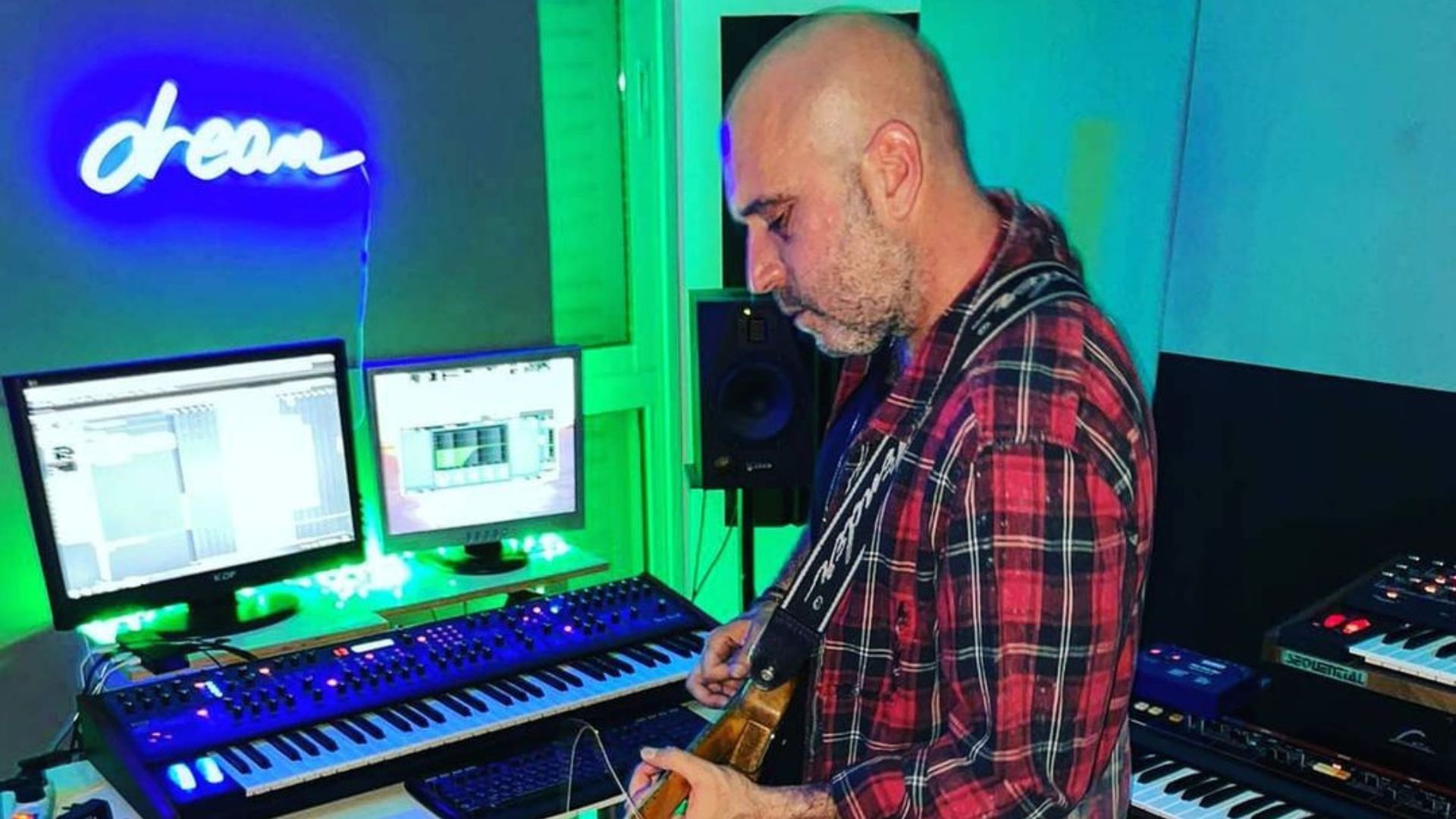
Winning the title of "Israel's Best Underground DJ" in 2013 must have been a significant milestone in your career. How did that recognition influence your journey in music?
I was excited. I've been DJing in Israel for a long, long time. Not to sound arrogant, but I feel like it kind of deserved me. Yet, I was truly honored. After putting so much effort, soul, and work into what I do, receiving this kind of recognition does something. It feels rewarding, you know? It's like releasing a good EP that you work hard on, and it does well on the charts, and people play and like it.
Of course, as artists, we must think first about the journey, not the result. That's the most important thing. But when the result comes, I think everyone should feel satisfied and believe they deserve it. That's how I felt when I got it. It didn't influence me; it was just something I received along the way, and it made me feel good.
How would you compare the experiences of being a DJ versus being a producer? Do you feel more at home in the studio or behind the decks?
In recent years, I've come to see myself more as a touring DJ and less as someone who spends time in the studio. Of course, I still work in the studio. But now, with a family – a wife and a son – when I'm home, I need to set aside time for them, as well as for the studio and other tasks. My travels have also increased significantly. I strive to strike a balance so that nothing is neglected or makes me feel like I'm missing out.
There are extended periods when I spend more time touring, flying, and behind the decks than doing anything else. Being behind the decks, even for a two or three-hour show, is consuming. Sometimes, it takes me 30 hours just to get to the venue. So, a lot of my time revolves around that.
Can you share the story behind one of your most successful tracks? What was the creative process like?
Let me share the story behind "Epika", a track I did with Roy Rosenfeld. We felt it had a broader potential after finishing it. We initially sent it to four major DJs without much response. It was only when we approached Kompakt that we found interest. After its release with them, it became a hit. This journey taught us that even if a track is initially overlooked or declined, it doesn't mean it lacks quality. It's essential to believe in your work and find the right platform for it.
What is one challenge you've faced in your career and how did you overcome it?
In the world of DJs and producers, where traveling is constant, the ultimate challenge is striking the right balance. It's about balancing personal needs, family commitments, and deep emotions. It means staying loyal to your music, friends, and fans, all while performing at your best during multiple shows in various countries. With everything that travel entails, from long flights to border controls, it's crucial to remain centered and in control as much as possible.
When you return home, it's equally important to be present and energetic for your family and friends and to have patience. What helps me maintain balance is the simplicity of life. After significant shows or festivals, coming home and participating in everyday tasks, like taking my son to kindergarten or attending his friend's birthday party, brings balance. It's a reminder not to get swept up entirely by the glamour of shows. The goal is to be the best version of yourself in every situation. It's an ongoing task, a continuous journey I'm still on.
Your music is loved worldwide. How do you ensure you stay connected with your fans across different countries and cultures?
In my musical journey, and this sentiment is shared among my close friends like Nick Warren, Guy J, John Digweed, and Roy Rosenfeld, there's a strong feeling of authenticity. Many of us have had dedicated fans for years; fans who started with us a long time ago and have grown alongside our music. Now, we see a new wave of fans emerging who also resonate with our sound. One of the things that binds us is our loyalty to our musical styles, rather than chasing current trends.
I believe that an artist should remain true to their sound, creating music that genuinely excites them. If I'm in the studio and a track I'm working on doesn't evoke that excitement, then it likely isn't the right piece for me. This philosophy isn't exclusive to me; many of my friends in the industry feel the same. Chasing trends is a fleeting pursuit. A trend, by its nature, is temporary. The moment you start pursuing it, it might already be on its way out. I consider myself fortunate that my style isn't necessarily "trendy", but rather consistent and steady. The audience that appreciates it is also consistent, with fans who have been with me for a very long time.
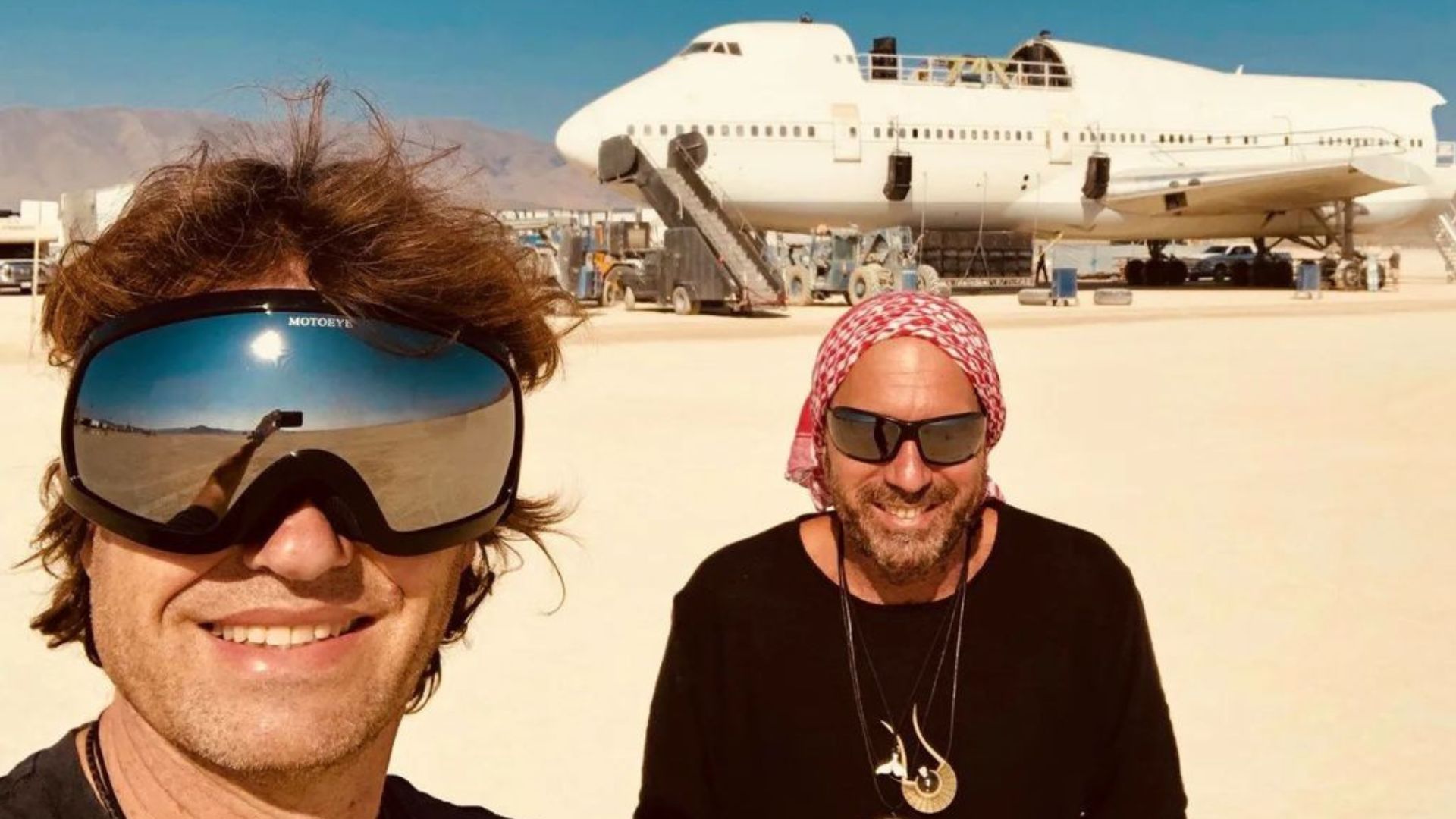
Hernan Cattaneo and Guy Manztur
Can you share an anecdote from your early days in the industry that had a profound impact on you?
I always feel that I want and need to help other people, especially the younger generation, just like people helped me. This is the nature of things. If you look at even the biggest DJs, producers, booking agencies, or promoters, everyone started somewhere. They were all beginners at some point, and they received help from those who were more experienced.
This is the cycle of it all. If you want a long, successful career in this industry, doing it the right way and in a positive manner, you must be part of this cycle. Remember where you came from and understand that everyone was a beginner once. Even now, some people help me and advise me. I have friends with whom I seek advice. This circulation, this cycle, reflects life. It's vital to remember that if you want to truly be a part of this industry.
Anything else you’d like to add?
I want to say that I'm truly excited to come and play music in New York City with the Moments party. It excites me every time because I love the city. Especially for this event, we have an amazing team of artists coming to play, along with fantastic promoters and a wonderful venue. It's going to be something special, and I'm looking forward to it.
